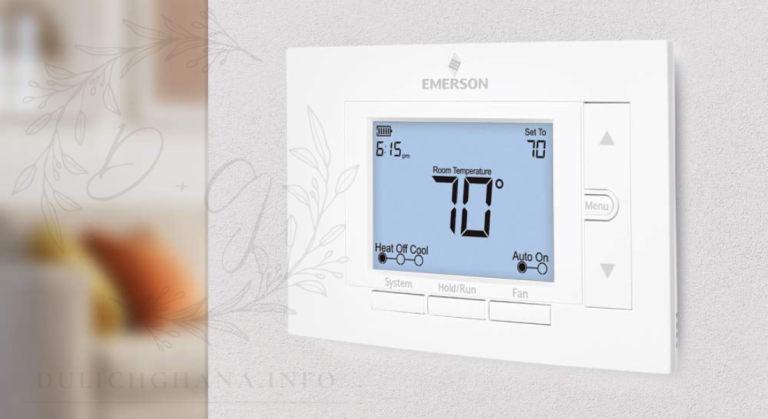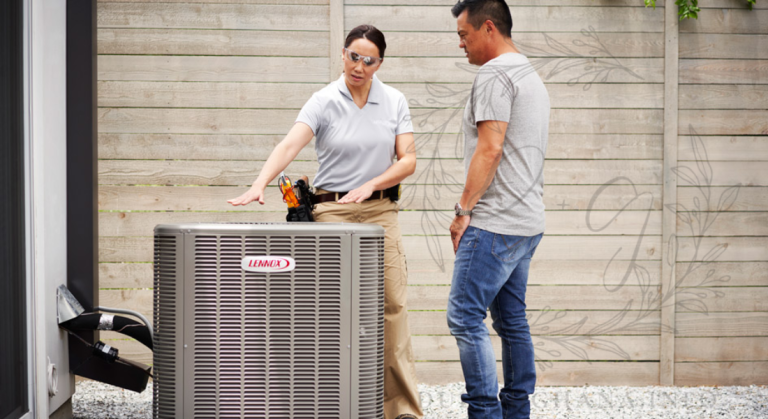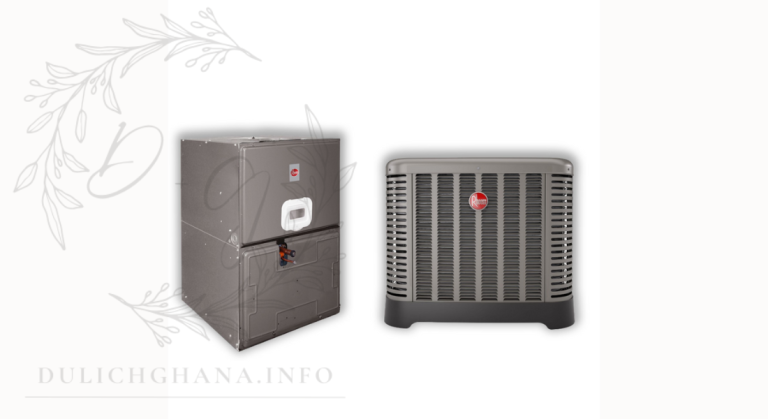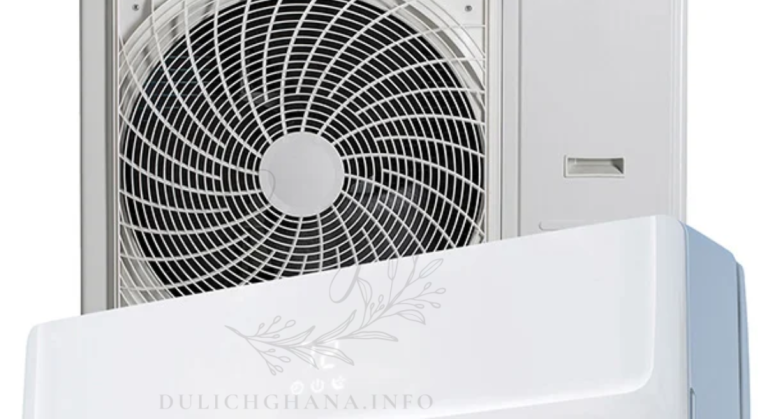
Evaluating guest ratings is essential for assessing hotel performance and identifying areas for improvement. By employing effective techniques to analyze ratings and feedback, hotels can enhance their service, increase guest satisfaction, and boost their overall reputation. Here’s a guide to help you evaluate guest ratings and use them to improve hotel performance:
**1. Collect Comprehensive Data
Overview: Gather ratings and feedback from a variety of sources to get a complete picture of guest experiences.
Techniques:
- Review Platforms: Monitor popular travel review sites like TripAdvisor, Booking.com, Expedia, and Google Reviews.
- Surveys: Use post-stay surveys to collect direct feedback from guests.
- Social Media: Track mentions and comments on social media platforms.
Why It’s Important: Collecting data from multiple sources provides a well-rounded view of guest satisfaction and highlights potential issues.
**2. Analyze Ratings Trends
Overview: Identify trends and patterns in guest ratings to pinpoint areas of strength and weakness.
Techniques:
- Trend Analysis: Track rating changes over time to identify improvements or declines in performance.
- Benchmarking: Compare your hotel’s ratings with those of similar properties in your area or category.
- Seasonal Variations: Assess if there are any seasonal trends affecting guest ratings.
Why It’s Important: Analyzing trends helps in understanding long-term performance and detecting recurring issues.
**3. Segment Feedback for In-Depth Insights
Overview: Break down feedback into categories to gain more detailed insights.
Techniques:
- Category Analysis: Organize feedback into categories such as cleanliness, service, location, amenities, and value for money.
- Guest Demographics: Analyze feedback by different guest segments (e.g., families, business travelers, couples) to identify specific needs and preferences.
- Positive vs. Negative Feedback: Distinguish between positive and negative comments to address strengths and weaknesses.
Why It’s Important: Segmenting feedback allows for targeted improvements and a better understanding of different guest needs.
**4. Identify Common Complaints and Issues
Overview: Pinpoint recurring complaints and issues mentioned by guests to address them effectively.
Techniques:
- Frequency Analysis: Count the number of times specific issues are mentioned in reviews.
- Sentiment Analysis: Use tools or techniques to analyze the sentiment of comments related to specific complaints.
- Root Cause Analysis: Investigate underlying causes of common issues to find effective solutions.
Why It’s Important: Addressing common complaints can significantly improve guest satisfaction and prevent negative reviews.
**5. Benchmark Against Industry Standards
Overview: Compare your hotel’s performance with industry standards to gauge competitiveness.
Techniques:
- Industry Reports: Use industry reports and benchmarks to compare your hotel’s ratings with industry averages.
- Competitor Analysis: Review ratings and feedback for competitor hotels to identify areas where you can gain a competitive advantage.
Why It’s Important: Benchmarking helps you understand how your hotel stacks up against competitors and industry standards.
**6. Implement and Monitor Changes
Overview: Make improvements based on guest feedback and monitor the impact of these changes.
Techniques:
- Action Plans: Develop and implement action plans to address identified issues.
- Performance Metrics: Track metrics such as guest satisfaction scores, occupancy rates, and repeat bookings to measure the impact of changes.
- Continuous Monitoring: Regularly review guest feedback to ensure that improvements are effective and address any new issues that arise.
Why It’s Important: Implementing and monitoring changes ensures that guest feedback leads to tangible improvements in performance.
**7. Engage with Guests
Overview: Actively engage with guests to show that you value their feedback and are committed to improving their experience.
Techniques:
- Personalized Responses: Respond to guest reviews with personalized messages, acknowledging their feedback and outlining steps taken to address their concerns.
- Follow-Up Surveys: Send follow-up surveys to guests who experienced issues to understand if their concerns were resolved.
- Loyalty Programs: Implement loyalty programs or incentives to encourage repeat visits and gather more feedback.
Why It’s Important: Engaging with guests fosters positive relationships and demonstrates a commitment to guest satisfaction.
**8. Train and Develop Staff
Overview: Use guest feedback to train and develop staff to improve service quality.
Techniques:
- Staff Training: Provide training based on feedback related to service issues, such as customer interaction and problem resolution.
- Performance Reviews: Incorporate guest feedback into staff performance reviews and development plans.
- Recognition Programs: Recognize and reward staff who receive positive feedback to motivate and maintain high standards.
Why It’s Important: Training and development ensure that staff are equipped to deliver exceptional service and address guest concerns effectively.
**9. Utilize Technology for Analysis
Overview: Leverage technology to streamline the analysis of guest ratings and feedback.
Techniques:
- Feedback Management Systems: Use feedback management software to collect, analyze, and respond to guest reviews more efficiently.
- Data Analytics Tools: Implement data analytics tools to identify trends and insights from guest feedback.
- Sentiment Analysis Tools: Employ sentiment analysis tools to gauge the overall sentiment of reviews and identify key issues.
Why It’s Important: Technology can enhance the efficiency and accuracy of feedback analysis, enabling quicker and more informed decision-making.
**10. Promote Positive Reviews
Overview: Encourage satisfied guests to leave positive reviews to enhance your hotel’s reputation.
Techniques:
- Follow-Up Emails: Send follow-up emails thanking guests and encouraging them to share their positive experiences.
- Incentives: Offer incentives or discounts for guests who leave reviews, within ethical guidelines.
- Social Media Engagement: Encourage guests to share their positive experiences on social media platforms.
Why It’s Important: Positive reviews improve your hotel’s online reputation and attract new guests.
Conclusion
Evaluating guest ratings involves a comprehensive approach to collecting, analyzing, and acting on feedback. By employing techniques such as trend analysis, benchmarking, and staff training, hotels can address issues, capitalize on strengths, and enhance guest satisfaction. Continuous improvement based on guest feedback is key to maintaining high standards and achieving long-term success in the hospitality industry.





